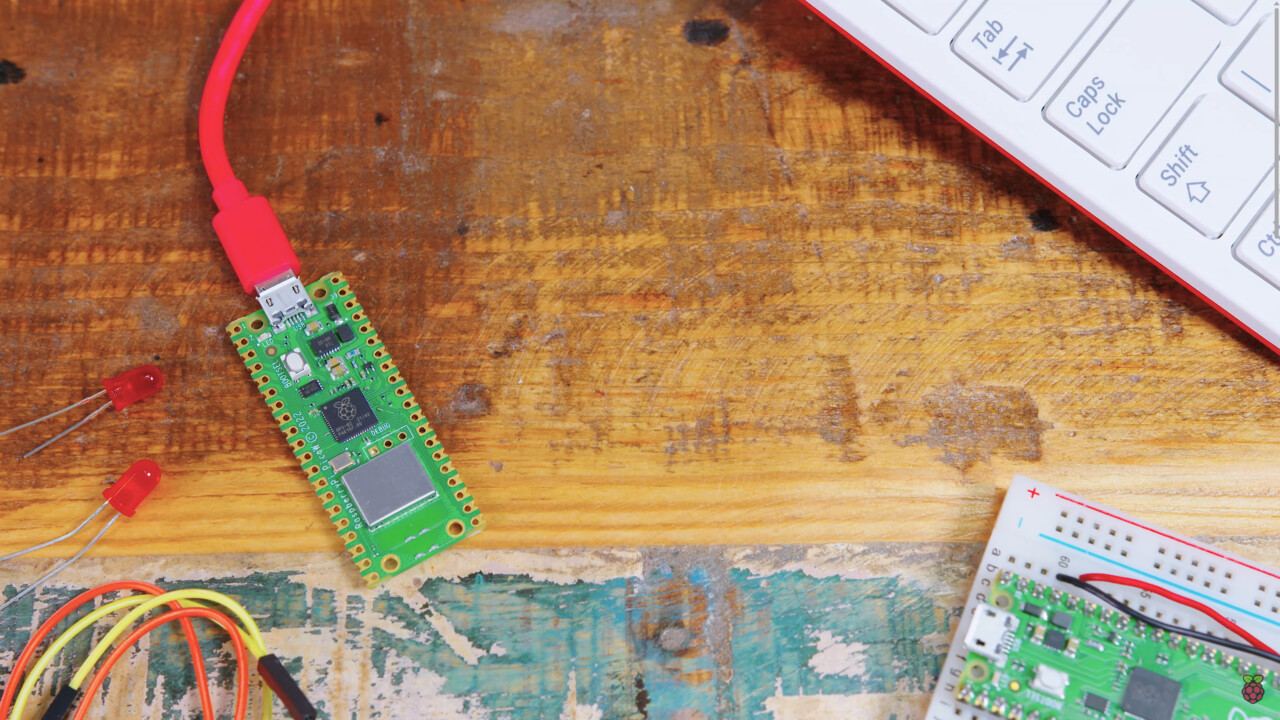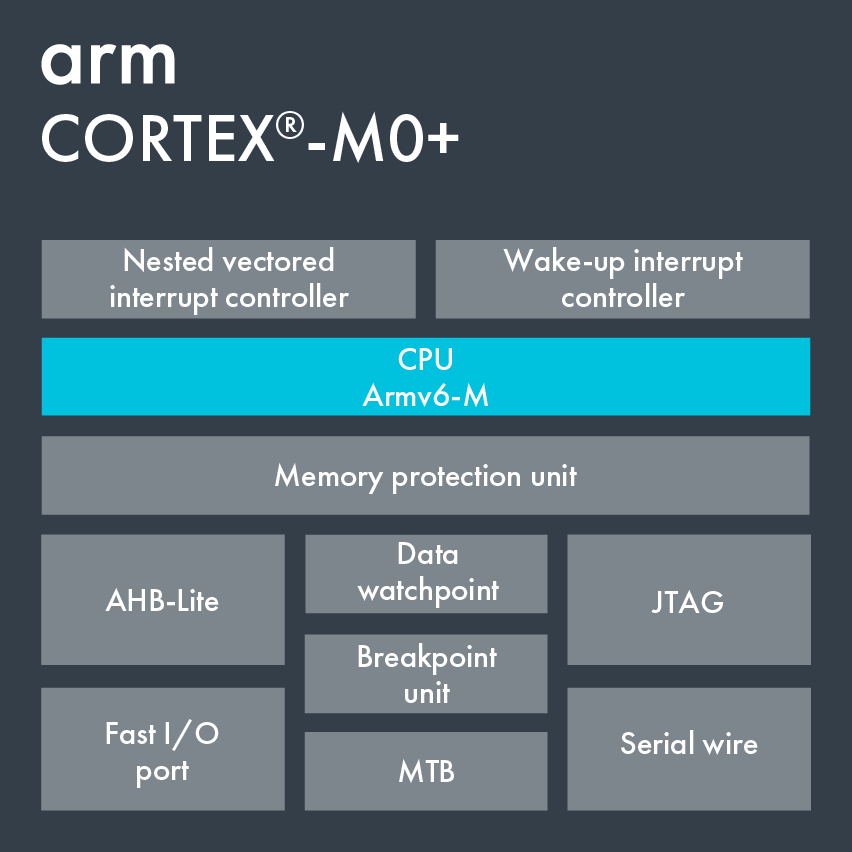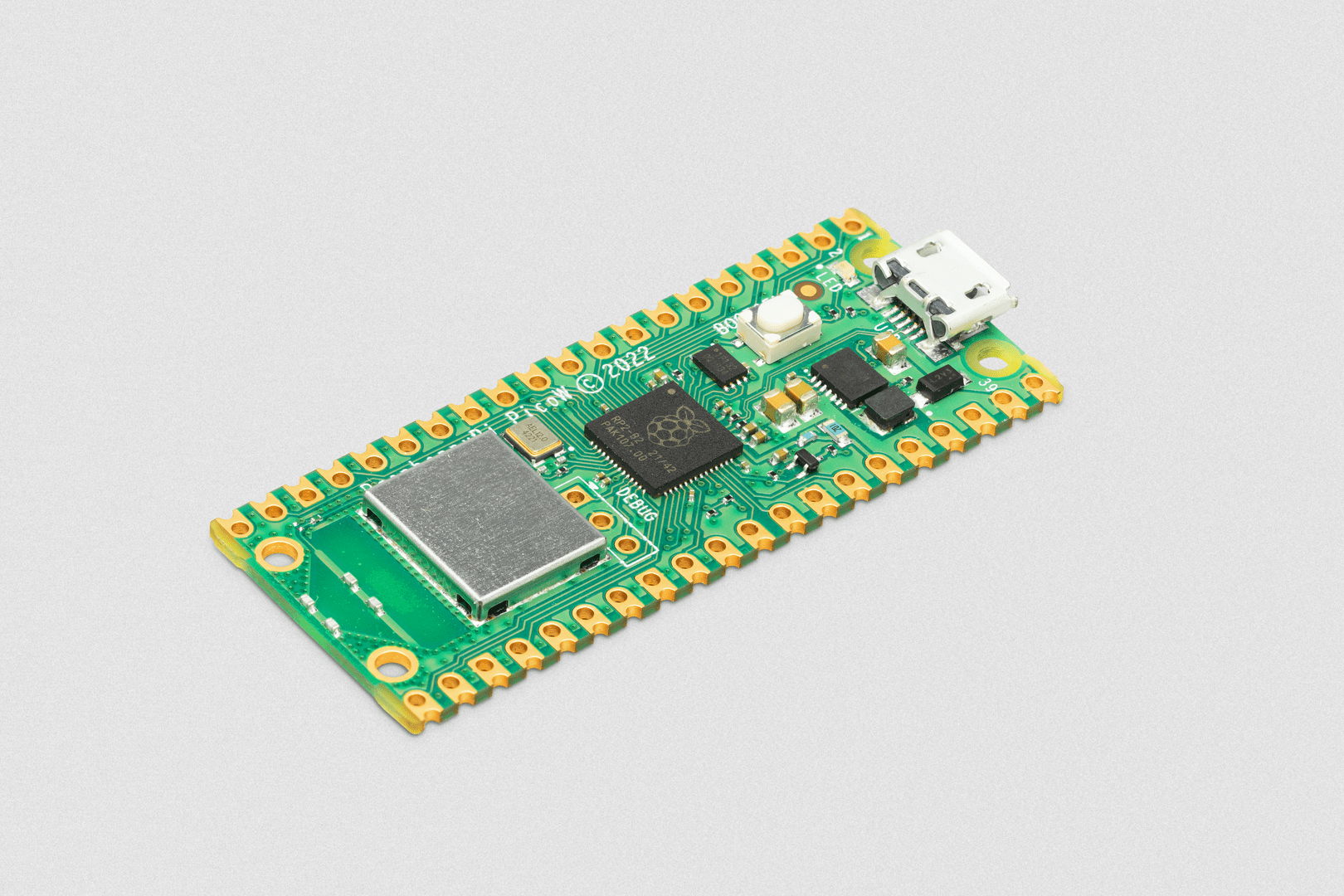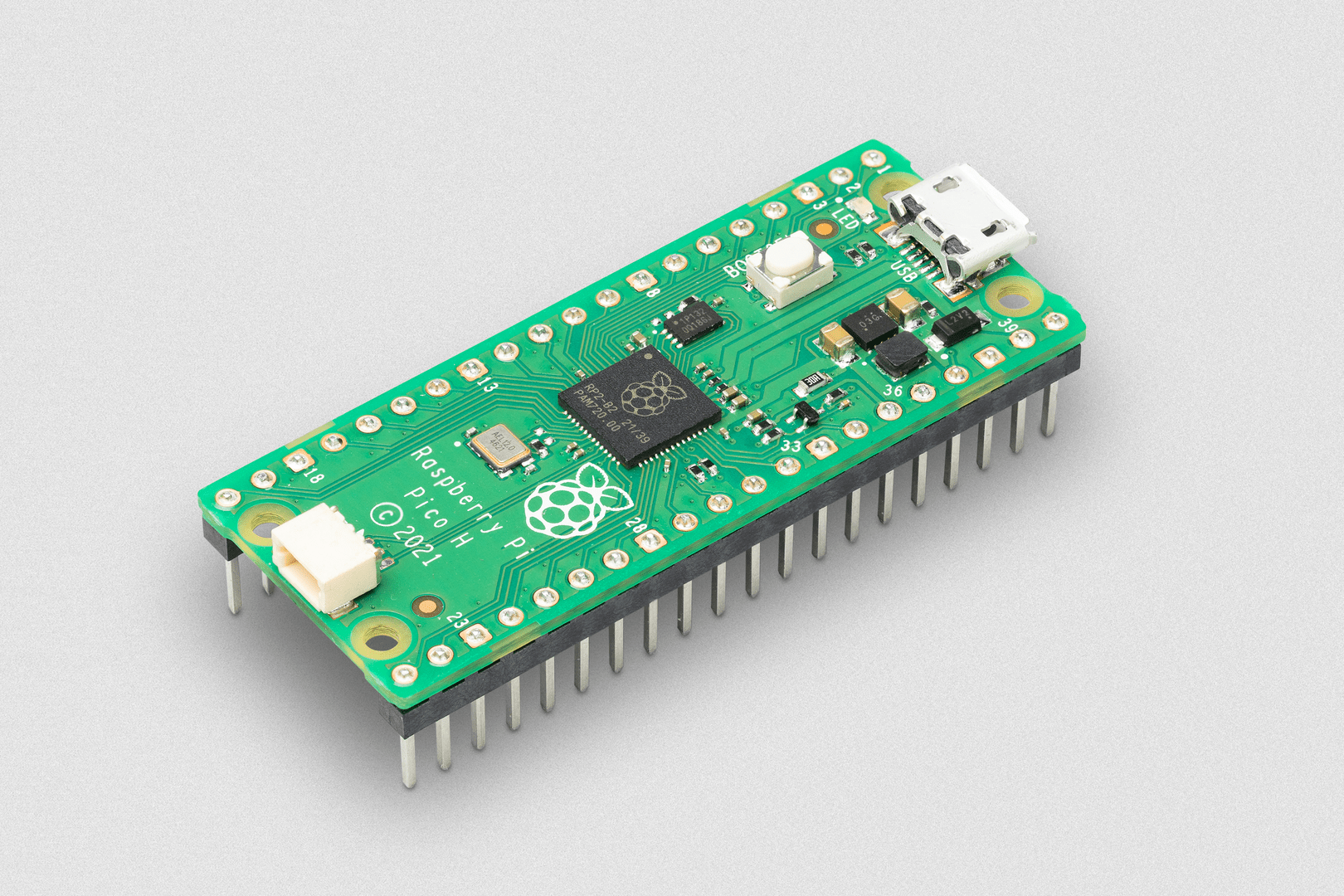Raspberry Pi Pico W und H: IoT-Plattformen mit Cortex-M0+ und Wi-Fi 4 ab 6 US-Dollar

Die britische Raspberry Pi Foundation hat mit dem Raspberry Pi Pico W und Pico H zwei neue kabellose IoT-Plattformen mit Arm Cortex-M0+, Wi-Fi 4 und 264 KB On-Chip-SRAM zu Preisen ab 6 US-Dollar für Bastler, Entwickler sowie Unternehmen vorgestellt, welche eine besonders günstige IoT-Basis suchen.
Arm Cortex-M0+ als IoT-Schaltzentrale
Als Fundament für die neuen Raspberry Pi Pico W, H und dem ab August folgende WH dient der bereits im Raspberry Pi Pico eingesetzte hauseigene RP2040-Mikrocontroller mit 2 Megabyte Flashspeicher, welcher auf insgesamt zwei verbrauchsoptimierte Prozessorkerne vom Typ Arm Cortex-M0+ mit 133 MHz, 264 Kilobyte On-Chip-SRAM und eine kabellose Verbindung mittels Wi-Fi 4 – vormals IEEE 802.11n – zurückgreifen kann. Die Einplatinenplattformen nutzen ein programmierbares E/A-Subsystem.
Die vollständigen offiziellen Spezifikationen (PDF) der IoT-Lösungen, die wie gewohnt auch eine GPIO-Schnittstelle mit 40-Pin-Anschluss bieten, lesen sich wie folgt und wurden im Vergleich zum kabelgebundenen Raspberry Pico um einen CYW43439-Controller mit 2,4 GHz Wi-Fi 4 und Bluetooth 5.2 von Infineon erweitert.
- RP2040 microcontroller with 2MB of flash memory
- On-board single-band 2.4GHz wireless interfaces (802.11n)
- Micro USB B port for power and data (and for reprogramming the flash)
- 40 pin 21mmx51mm 'DIP' style 1mm thick PCB with 0.1" through-hole pins also with edge castellations
- Exposes 26 multi-function 3.3V general purpose I/O (GPIO)
- 23 GPIO are digital-only, with three also being ADC capable
- Can be surface-mounted as a module
- 3-pin Arm serial wire debug (SWD) port
- Simple yet highly flexible power supply architecture
- Various options for easily powering the unit from micro USB, external supplies or batteries
- High quality, low cost, high availability
- Comprehensive SDK, software examples and documentation
- For full details of the RP2040 microcontroller please see the RP2040 Datasheet book. Key features include:
- Dual-core cortex M0+ at up to 133MHz
- On-chip PLL allows variable core frequency
- 264kB multi-bank high performance SRAM
- External Quad-SPI flash with eXecute In Place (XIP) and 16kB on-chip cache
- High performance full-crossbar bus fabric
- On-board USB1.1 (device or host)
- 30 multi-function general purpose I/O (four can be used for ADC)
- 1.8-3.3V I/O voltage
- 12-bit 500ksps analogue to digital converter (ADC)
- Various digital peripherals
- 2 × UART, 2 × I2C, 2 × SPI, 16 × PWM channels
- 1 × timer with 4 alarms, 1 × real time clock
- 2 × programmable I/O (PIO) blocks, 8 state machines in total
- Flexible, user-programmable high-speed I/O
- Can emulate interfaces such as SD card and VG
Raspberry Pi Pico W – Spezifikationen
Entwickler erhalten zudem Unterstützung durch das Pico-SDK, einen IwIP-basierten Netzwerkstack sowie ein UF2-Image für Benutzer der Softwareimplementierung MicroPython und eine speziell darauf angepasste Firmware.
Bereits 2 Millionen Pico-Platinen sind im Umlauf
Wie die Raspberry Pi Foundation bekanntgegeben hat, seien auch aufgrund der weltweiten Halbleiterknappheit rund 2 Millionen Platinen vom Typ Raspberry Pi Pico verkauft worden, die Modelle „W“ und „H“ und „WH“ sollen das Angebot jetzt noch einmal deutlich erweitern.
Die beiden Modelle „H“ und „WH“ verfügen hierbei zusätzlich über einen bereits entsprechend belegten Header und einen neuen 3-Pin-Debug-Anschluss.
Kabellos ab 6 US-Dollar erhältlich
Die Modelle Raspberry Pi Pico W und Pico WH mit Wi-Fi 4 kosten 6 respektive 7 US-Dollar und sind ab sofort beziehungsweise im Laufe des Augusts direkt über den Hersteller und im Einzelhandel erhältlich.
Die beiden kabelgebundenen Modelle Raspberry Pi Pico sowie Pico H gehen bereits zum Preis von 4 respektive 5 US-Dollar über die Ladentheke.





